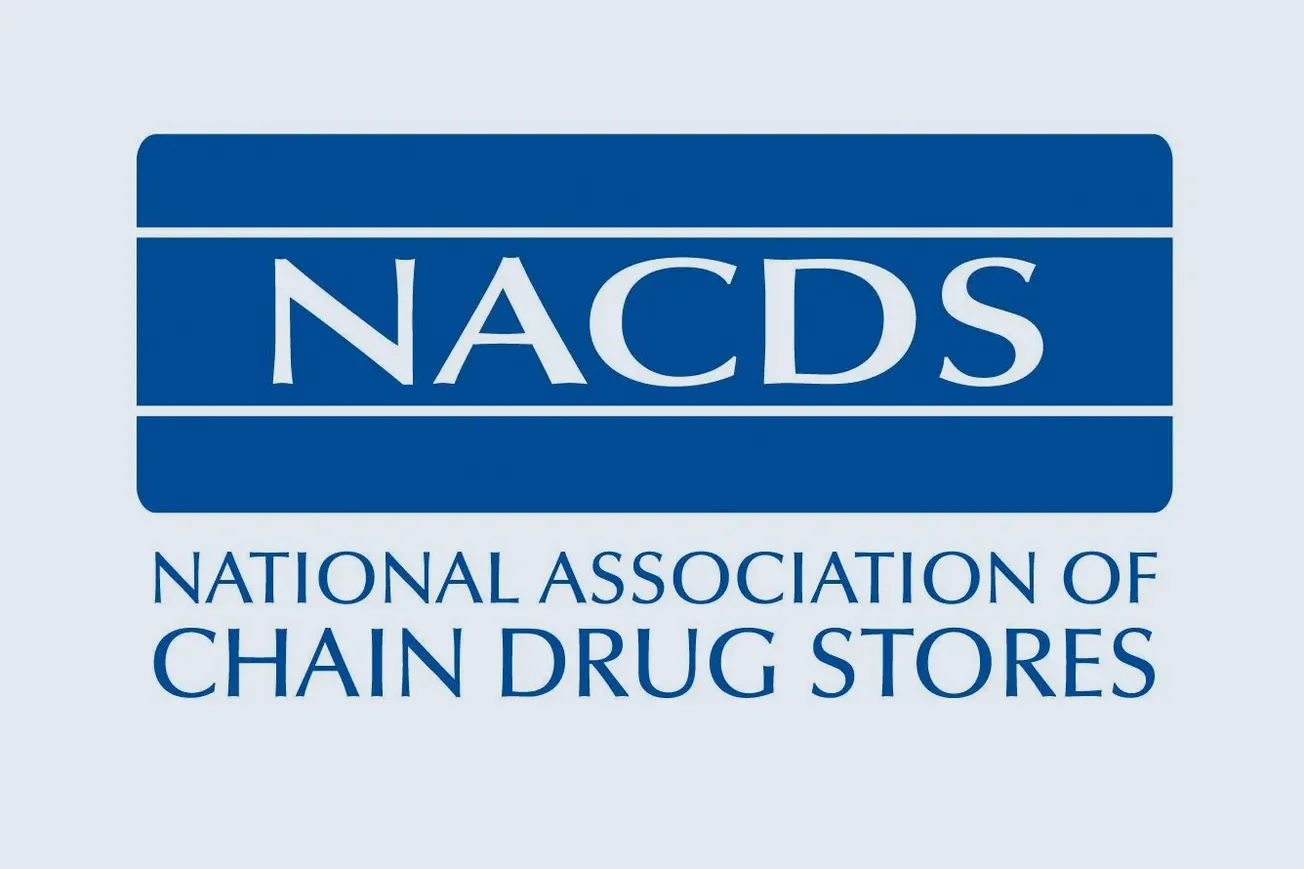WASHINGTON — The National Retail Federation (NRF) and the Food Marketing Institute (FMI) are applauding House and Senate lawmakers for reaching a compromise on regulating debit card interchange fees, also known as "swipe" fees, as part of financial services reform legislation.
The National Retail Federation (NRF) and the Food Marketing Institute (FMI) are applauding House and Senate lawmakers for reaching a compromise on regulating debit card interchange fees, also known as "swipe" fees, as part of financial services reform legislation.
A House-Senate conference committee negotiating financial reform legislation voted 27-16 on Friday to approve its final version of the bill. That has set the stage for a House vote expected to take place Tuesday, followed by a Senate vote later this week.
"The conference committee has struck a blow for retailers and their customers," NRF senior vice president and general counsel Mallory Duncan said in a statement. "For years, these soaring fees have been taking billions of dollars out of consumers’ pockets and driving up prices. This is unsustainable. With this conference report in hand, Congress has an opportunity to stand up for Main Street businesses and consumers and rein in the greed of the big Wall Street banks and credit card companies.
"If adopted by Congress and properly implemented by the Federal Reserve, this legislation will put an end to retailers being forced to accept ‘Visa dollars’ that are only worth 98 cents today and whatever Visa decides they’re worth tomorrow," Duncan added. "This bill will take us a lot closer to a dollar really being a dollar again."
The conference committee’s report includes an amendment sponsored by Senate Majority Whip Richard Durbin (D., Ill.) that would require the Federal Reserve to set regulations resulting in "reasonable and proportional" swipe fees for debit cards. The Fed would be required to take into account banks’ actual costs for processing the transactions and the fact that paper checks drawn on the same accounts are paid at face value, NRF noted. The amendment would also make it easier for merchants to offer discounts or other benefits for customers who don’t use credit cards and to set minimum purchase amounts for credit cards.
According to FMI, American consumers have been paying more than $50 billion a year in hidden interchange fees to credit card companies and banks.
"FMI and our members have had interchange fee reform at the top of our list of priority issues for the past decade," stated Leslie Sarasin, FMI president and chief executive officer. "These fees represent the fastest-growing expense of our retail members and the only one over which we have zero control. This compromise is a good deal for consumers and is a strong step forward for competition. I feel confident that our customers have much to gain in the way of discounts and lower prices. We applaud the House and Senate conferees for their leadership."
Supermarkets operate on margins of 1% to 2%, and swipe fees can cost more than 2% of a transaction, FMI said. Earlier this month, FMI aired a radio advertising campaign in the Washington, D.C., area to promote the need for fairer credit and debit card interchange fees. The trade association also is a founding member of the Merchants Payments Coalition (MPC), a group of nearly 100 associations representing retailers, supermarkets, drug stores, convenience stores, fuel stations, online merchants and other businesses that accept debit and credit cards.
NRF reported that swipe fees, which average between 1% and 2 percent for debit cards and 2% or more for credit cards, that were charged to retailers and other business by Visa and MasterCard banks in 2008 totaled $48 billion and resulted in higher prices estimated at $427 for the average household. Debit card swipe fees alone amount to about $20 billion of the annual total, according to the federation.





